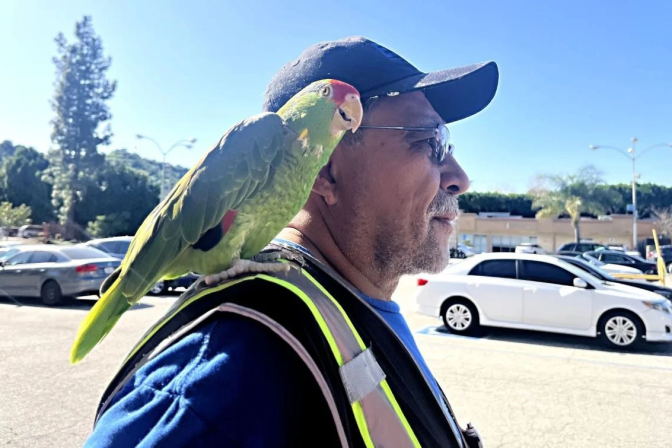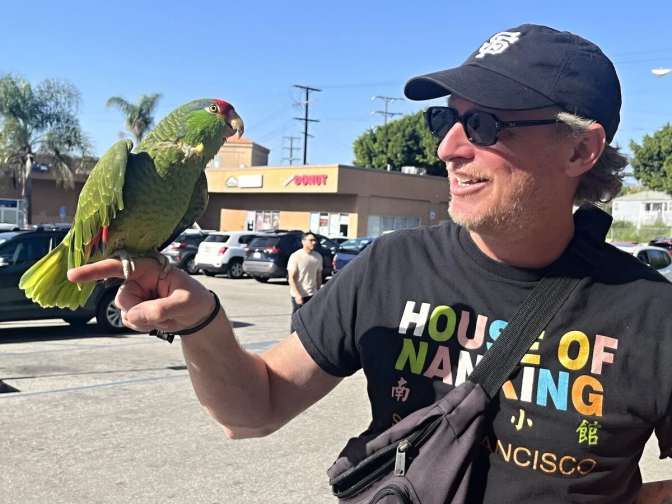Crews have now recovered the bodies of all nine backcountry skiers who were killed in an avalanche in Northern California earlier this week. It marks an end to what authorities on Saturday described as an agonizing five-day search and recovery operation complicated by intense winter storms northwest of Lake Tahoe.
"While we wish we could have saved them all, we are grateful that we can bring them home," said Nevada County Sheriff Shannan Moon during a Saturday news conference.
Until Saturday, authorities had not confirmed the death of a ninth victim, a skier who had been missing and presumed dead. Officials say their body was found near the eight other victims that have now been recovered. Authorities said avalanche hazards and weather conditions were too dangerous most of the week to search for the remaining victim or recover the bodies.
Four of the bodies were recovered on Friday, and the rest of the bodies were recovered on Saturday, all in the Castle Peak area where the avalanche – one of the deadliest in California history — struck. Six people from the group of 15 skiers survived Tuesday's disaster, the last day of a three-day backcountry ski trip. One guide and five travelers were among the survivors.
Helicopters with the California National Guard as well as the California Highway Patrol were used to hoist the remaining bodies from the mountain, officials said at the press conference.
On Friday, officials were able to use specialized techniques with the help of Pacific Gas & Electric to reduce the avalanche risk.
The ski trip was organized by Blackbird Mountain Guides, an outdoor tour company based in Truckee, Calif. Moon confirmed the identities of the victims. Three guides were killed: Andrew Alissandratos, 34, from Verdi, Nev.; Michael Henry, 30, from Soda Springs, Calif.; and Nicole Choo, 42, of South Lake Tahoe, Calif. The other victims, who had signed up for the group trip, are: Carrie Atkin, 46, of Soda Springs; Lizabeth Clabaugh, 52, of Boise, Idaho; Danielle Keatley, 44, of Soda Springs and Larkspur, Calif.; Kate Morse, 45, of Soda Springs and Tiburon, Calif.; Caroline Sekar, 45, of Soda Springs and San Francisco; and Katherine Vitt, 43, of Greenbrae, Calif.
The Sierra Avalanche Center classified the avalanche between a D2 and D3 on the avalanche danger scale.
"A D2 would take down a person. A D3 would take down a house, so it was right in between those. It was described by them as a football field length of a path of the avalanche," Sheriff Moon said on Saturday.
Multiple agencies are investigating.
"We are investigating the incident to determine if there were any factors that would be considered criminal negligence," Ashley Quadros with the Nevada County Sheriff's Office said in an email to NPR on Sunday. "It is a standard investigation. It is too early to know if criminal charges will be applicable, as the investigation is preliminary and remains active and ongoing."
The area will be closed to visitors for several weeks.
Copyright 2026 NPR










